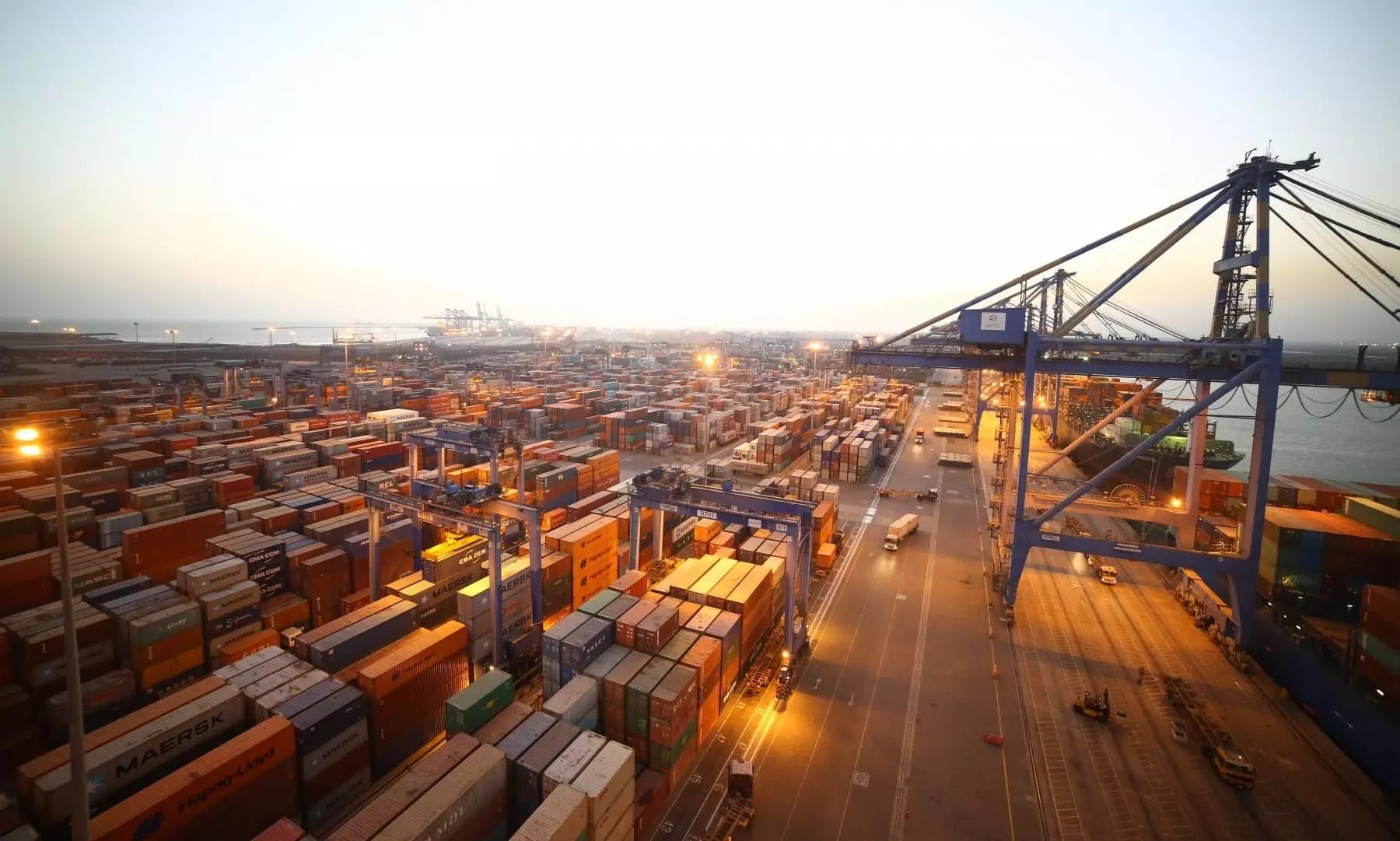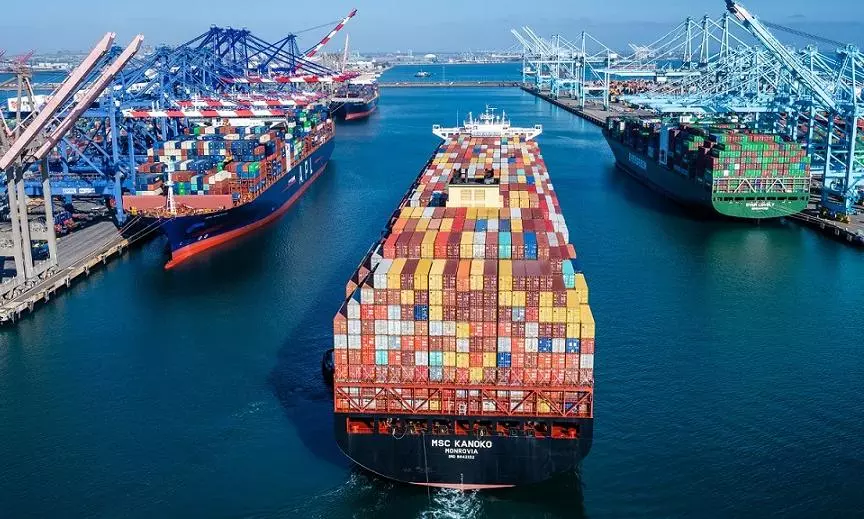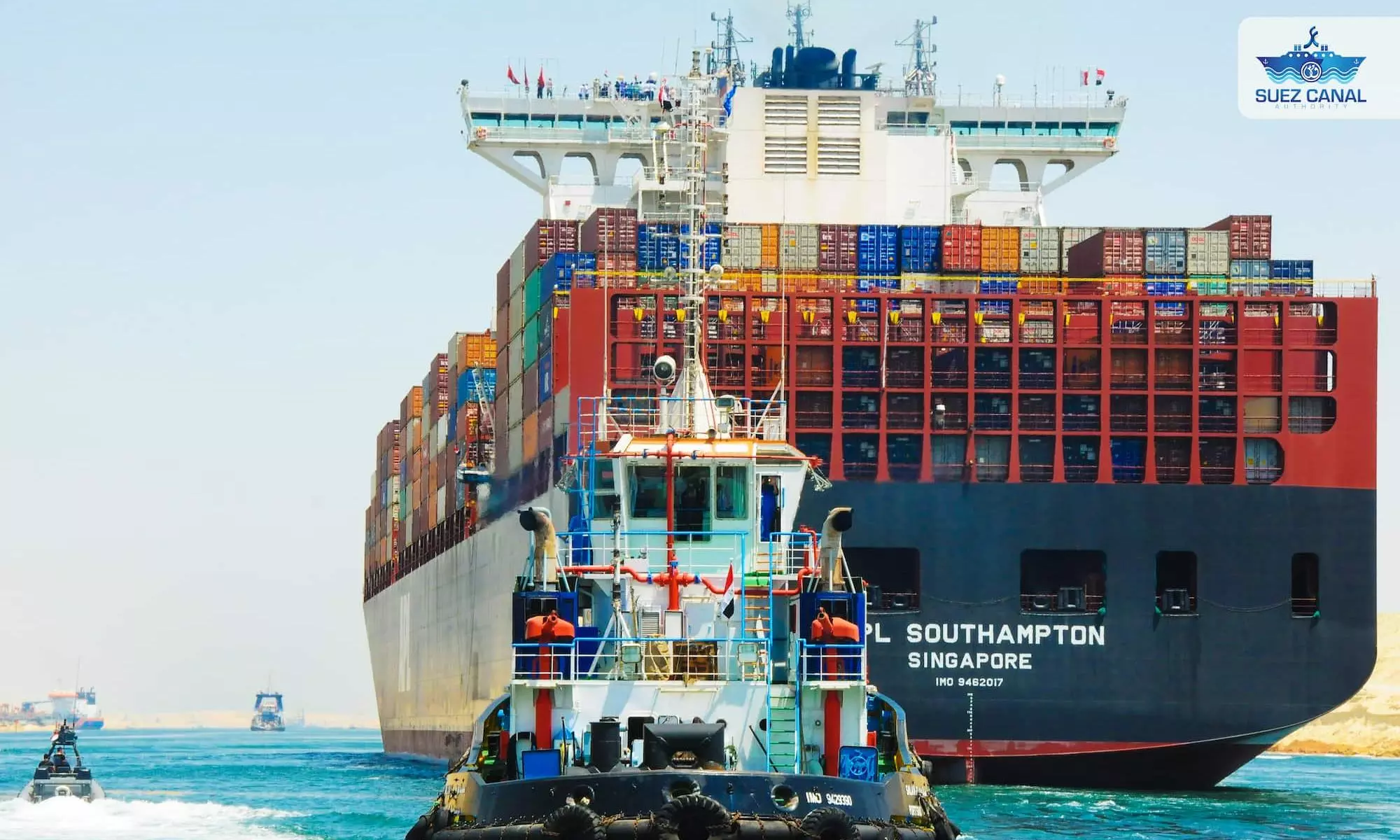Trump 2.0 to impact tariffs and trade: Container xChange
"We recommend expanding supplier networks, diversifying sourcing and proactive vigilance into global events."

The recent inauguration of Donald Trump as the 47th President of the United States on January 20, 2025 marks the beginning of a new chapter in global trade, according to the latest update from Container xChange.
“With a renewed emphasis on the America First agenda, Trump’s administration is poised to introduce structural changes to trade relations worldwide," says Christian Roeloffs, Co-Founder and CEO, Container xChange. "These shifts are expected to impact key trade routes, tariffs, agreements and supply chain dynamics, prompting businesses across industries to adapt to rapidly evolving logistics costs and productivity.
"Increased tariffs, stricter trade agreements, and a potential reorganisation of key trade routes —especially amid geopolitical tensions like the Panama Canal controversy - will challenge global supply chains and force container traders and shipping companies to adapt.
"At the same time, these shifts could create opportunities for regional trade growth, alternative trade corridors and stronger collaboration between emerging markets. While the omission of anticipated tariffs on China, Canada and Mexico brings short-term relief, the impact of the 25 percent tariff on Mexico and Canada, anticipated to take effect in February, remains uncertain."
Outlook 2025 and beyond
Some businesses are considering reshoring or relocating production to countries with favourable trade agreements to minimise tariff exposure, the update added. For instance, importing components for final assembly rather than finished goods can help reduce or eliminate tariff burdens.
"Supply chain dynamics are now at the forefront of global business strategies. The current global geopolitical environment poses challenges for trade routes and supply chains. The majority of our customers globally are divided in their opinions about container price developments, current macroeconomic scenarios and its potential implications on their operations. We recommend expanding supplier networks, diversifying sourcing and proactive vigilance into global events impacting supply chains," says Roeloffs.





